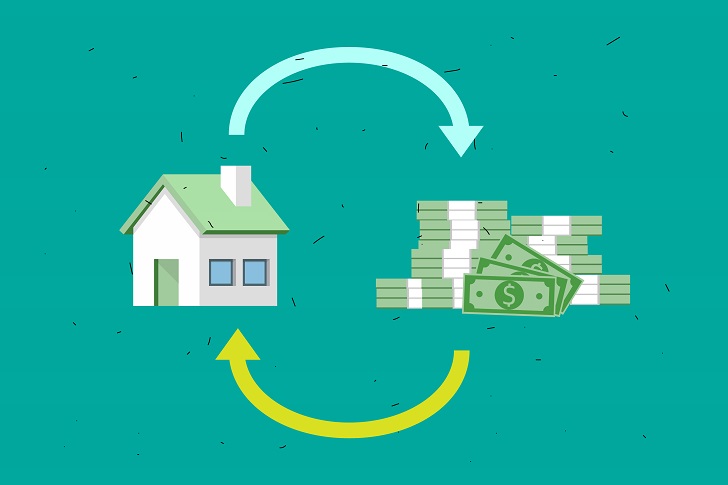When buying a home, many people focus on getting pre-approved for a mortgage and finding the perfect property. However, before looking at homes, it’s important to get your finances in order.
Dealing with your finances before you take on a mortgage can help you get a better loan, avoid costly mistakes, and make homeownership more affordable in the long run.

Assess Your Finances
The first step in dealing with your finances before a mortgage is to assess your financial situation. Take a close look at your income, expenses, and debt to clearly understand your financial health.
This will help you determine how much you can realistically afford to spend on a home and whether you need to make any changes to your budget or debt repayment plan.
Budget for Homeownership Costs
Owning a home involves many additional expenses beyond the mortgage payment, including property taxes, homeowners insurance, and maintenance and repairs.
Before you buy a home, it’s important to budget for these costs to ensure you can afford to maintain your home over the long term. You may also consider getting a home warranty or setting up an emergency fund to cover unexpected expenses.
Consider Your Future Goals

Before taking on a mortgage, it’s important to consider your future goals and how homeownership fits into them. Do you plan to stay in the home long-term, or are you looking for a starter home that you can sell in a few years?
Do you have other financial goals, such as saving for retirement or starting a business, that could be impacted by taking on a mortgage? Considering these factors can help you make a more informed decision about whether homeownership is right for you.
Understand Different Mortgage Options
Before choosing a mortgage, it’s important to understand the different options available to you. Conventional mortgages, FHA loans, VA loans, and other programs all have different requirements and benefits. By researching and understanding the different options, you can choose a mortgage that fits your needs and financial situation.
Factor in Closing Costs
Closing costs are another expense that can catch homebuyers off guard. These costs typically include fees for loan origination, appraisal, title search, and other services. Closing costs can vary depending on the lender and the property, so it’s important to factor them into your budget when considering how much home you can afford.

Consider Working with a Financial Advisor
If you’re unsure how to deal with your finances before taking on a mortgage, consider working with a financial advisor.
A financial advisor can help you assess your financial situation, create a budget, and develop a plan for saving for a down payment and paying off debt. They can also help you understand the mortgage process and choose a loan that fits your needs.
